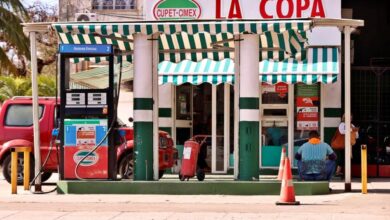Constituent Assembly: The list of candidates has been published
A new system of law seems to be underway

This week, the Public Television Network of Venezuela, VTV, published the list of the candidates that will represent the nation in the National Constituent Assembly. The 545 seats will be distributed according to territories and social sectors like students and union workers; 8 seats will be reserved for indigenous people.
Any citizen could have been voted IGNORE INTO the Constituent individually or through a group of voters, the only requirements were to possess the Venezuelan nationality, to be over 18 years old, reside in, at least for the last five years, in the territory the voting has taken place, and, if the individual was part of a social group, they must have a certification of membership.
However, even if the requirements were not restrictive, there is no one from the opposition among the candidates. The majority of the applicants already have had political ties with the current government, for example, deputy Cilia Flores and former vice-president Aristóbulo Istúriz, both from the United Socialist party of Venezuela, and deputy Diosdado Cabello; the list includes some high rank militaries as well. For that reason, the ex-president of the Assembly, Henry Ramos Allup, has called the election of these candidates a way to “Evade direct suffrage, dismember or segregate popular sovereignty in chambers, unions, etc., in organizations controlled directly by the state”.
Meanwhile, President Nicolas Maduro referred to the sector and territorial mechanism as “An unprecedented historical event that demonstrates the strength of Venezuela in the inclusion, participation, and exercise of the political rights of the people”, as it is stated in the PSUV party’s official page.
Some of the suggestions of the candidates include the creation of universities inside communities, increase the national production, create a social financial system, a judicial reform, the creation of a community police, the strengthening of the revolution, control of prices, and build a new post-petroleum economic system, as expressed in the official documents of the ministry of Venezuela.
Despite the opposition to the Constituent, it will be established on the 30th of July and it may be an opportunity for the government to reform the law in a way that might benefit the current mandataries. For that reason, the vice-president of the Assembly, Freddy Guevara, called for a civic boycott against the process through pacific protests.
Latin American Post | Diana Cárdenas
Copy edited by Susana Cicchetto





